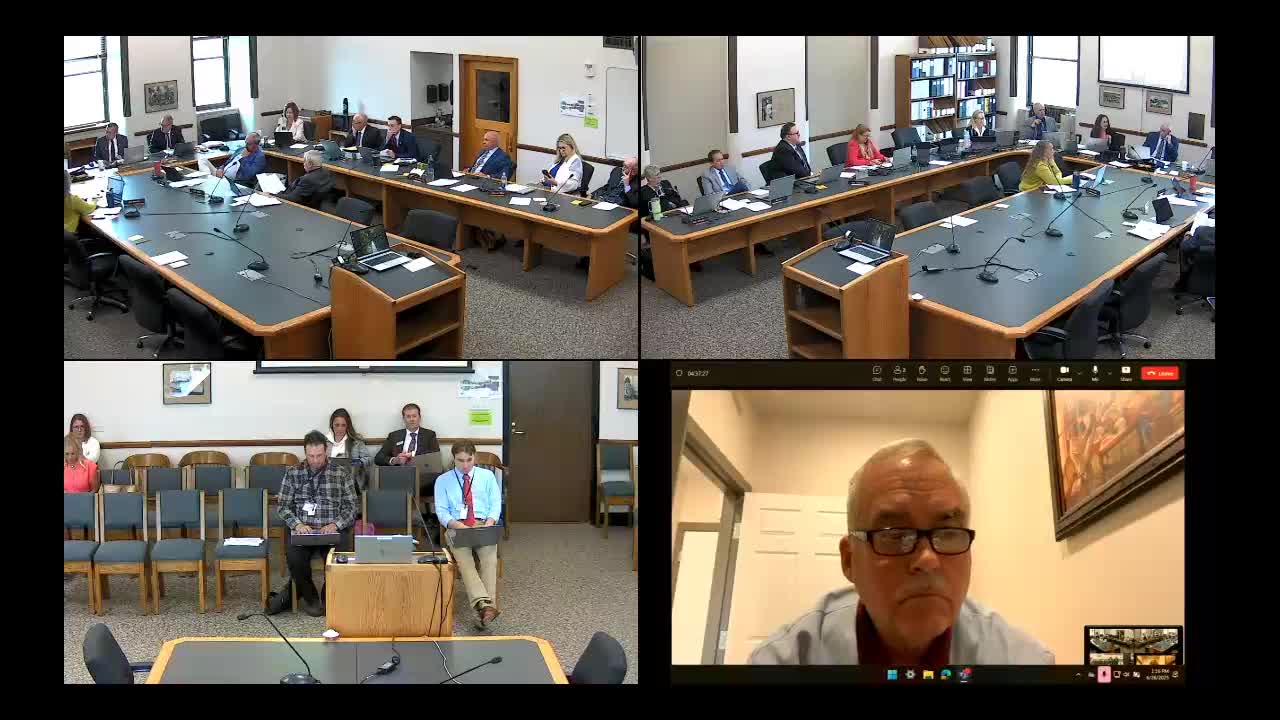Article not found
This article is no longer available. But don't worry—we've gathered other articles that discuss the same topic.
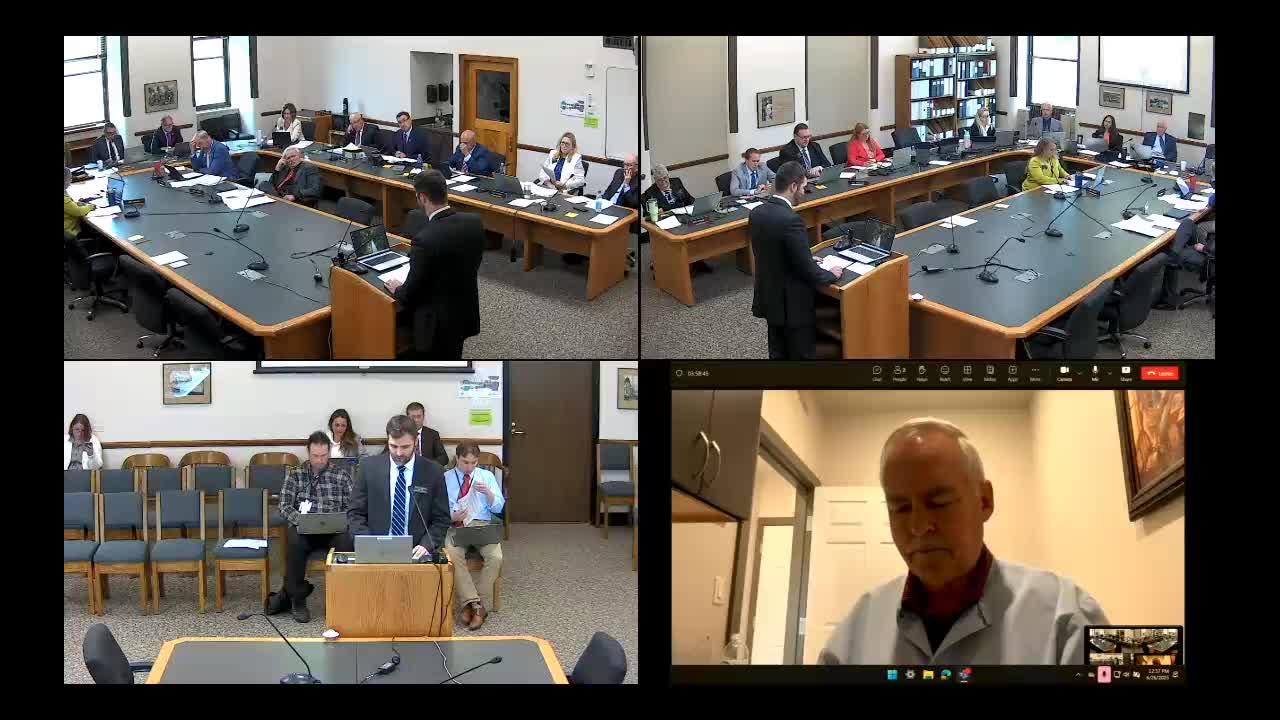
Eighth Circuit ruling on Voting Rights Act suit leaves North Dakota maps in procedural limbo, staff warns
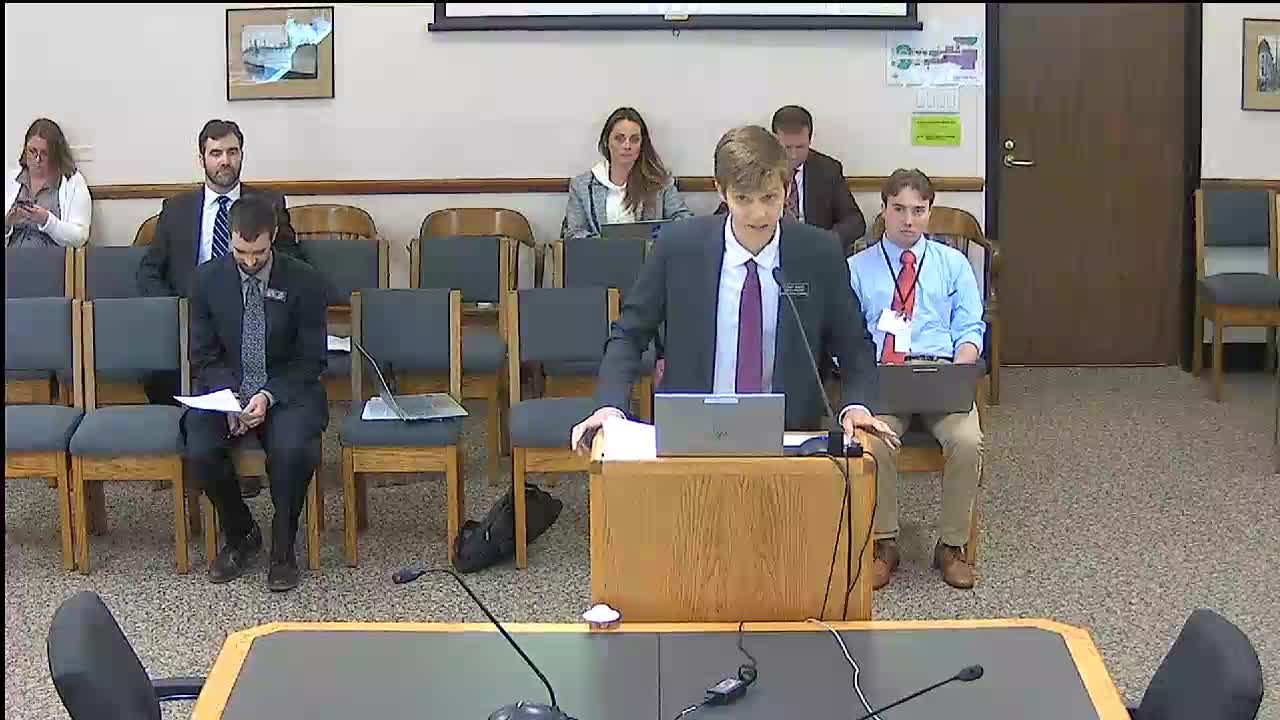
Staff brief: proposed 'One Big Beautiful Bill' and recent federal rescissions could trim hundreds of millions from state programs
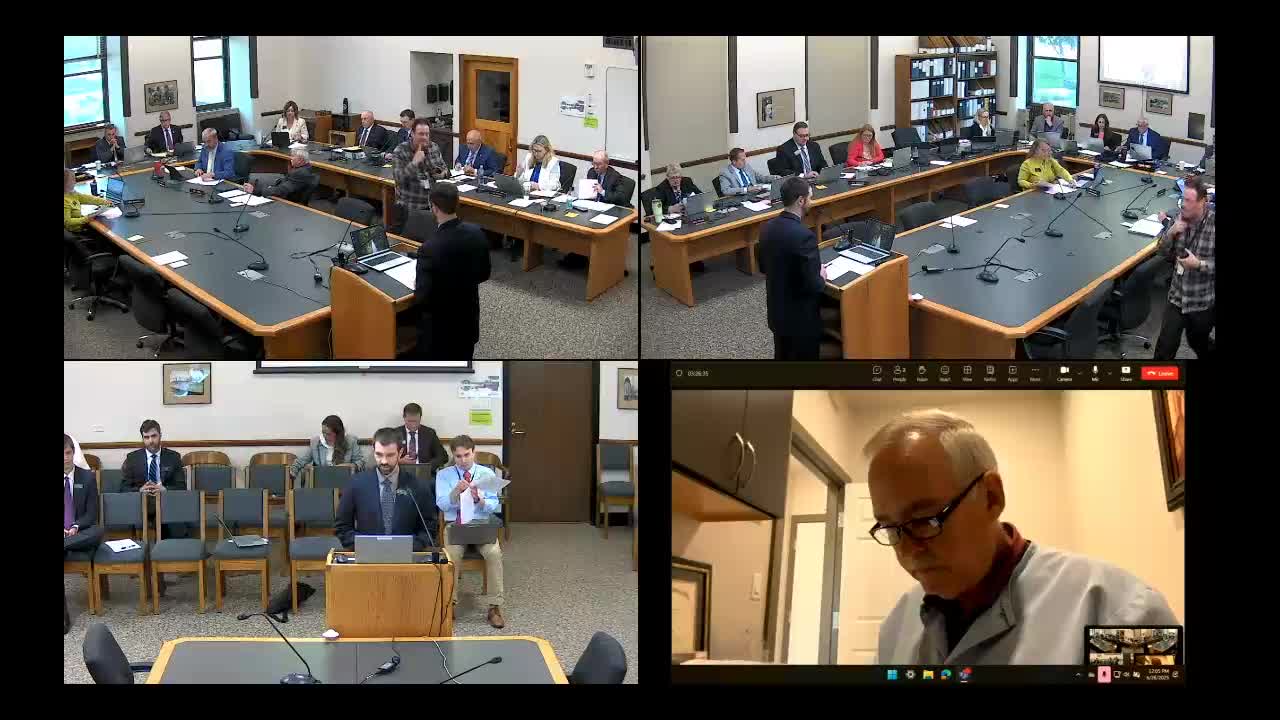
Legislative fiscal staff outline oil-and-gas revenue scenarios that could cut state allocations by hundreds of millions
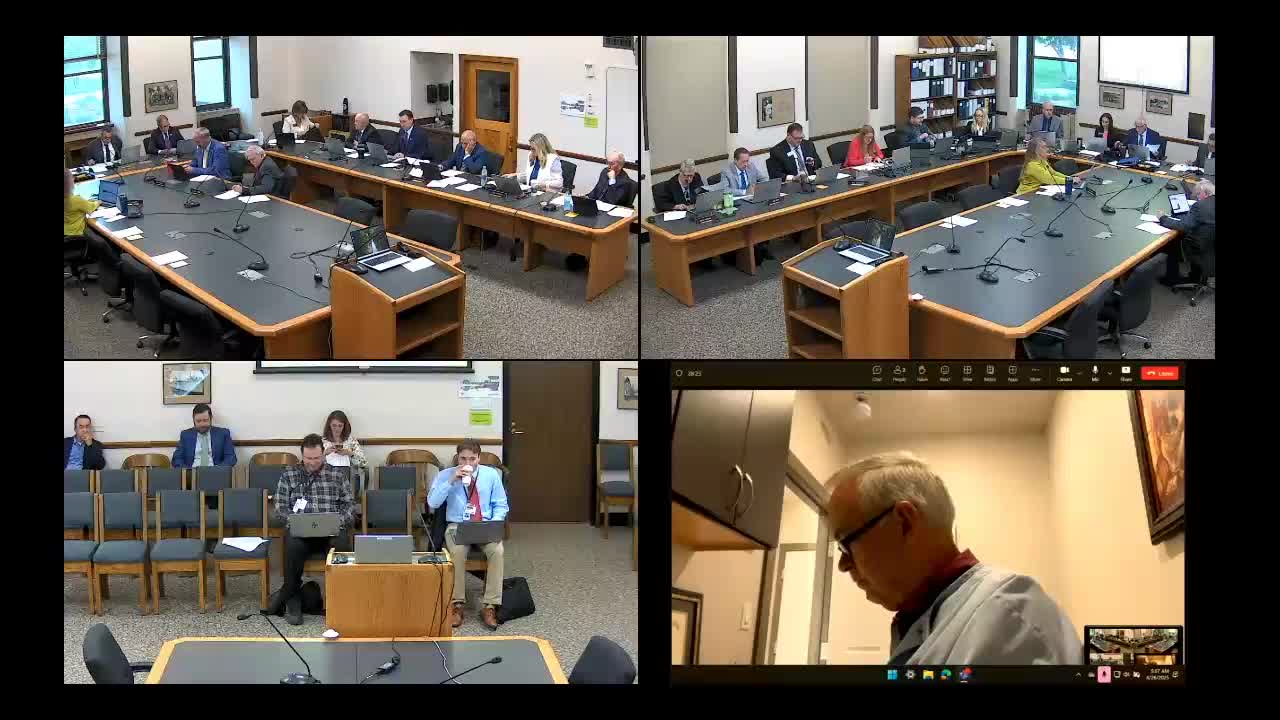
Legislative Management adopts interim committee rules and finalizes most interim committee appointments
